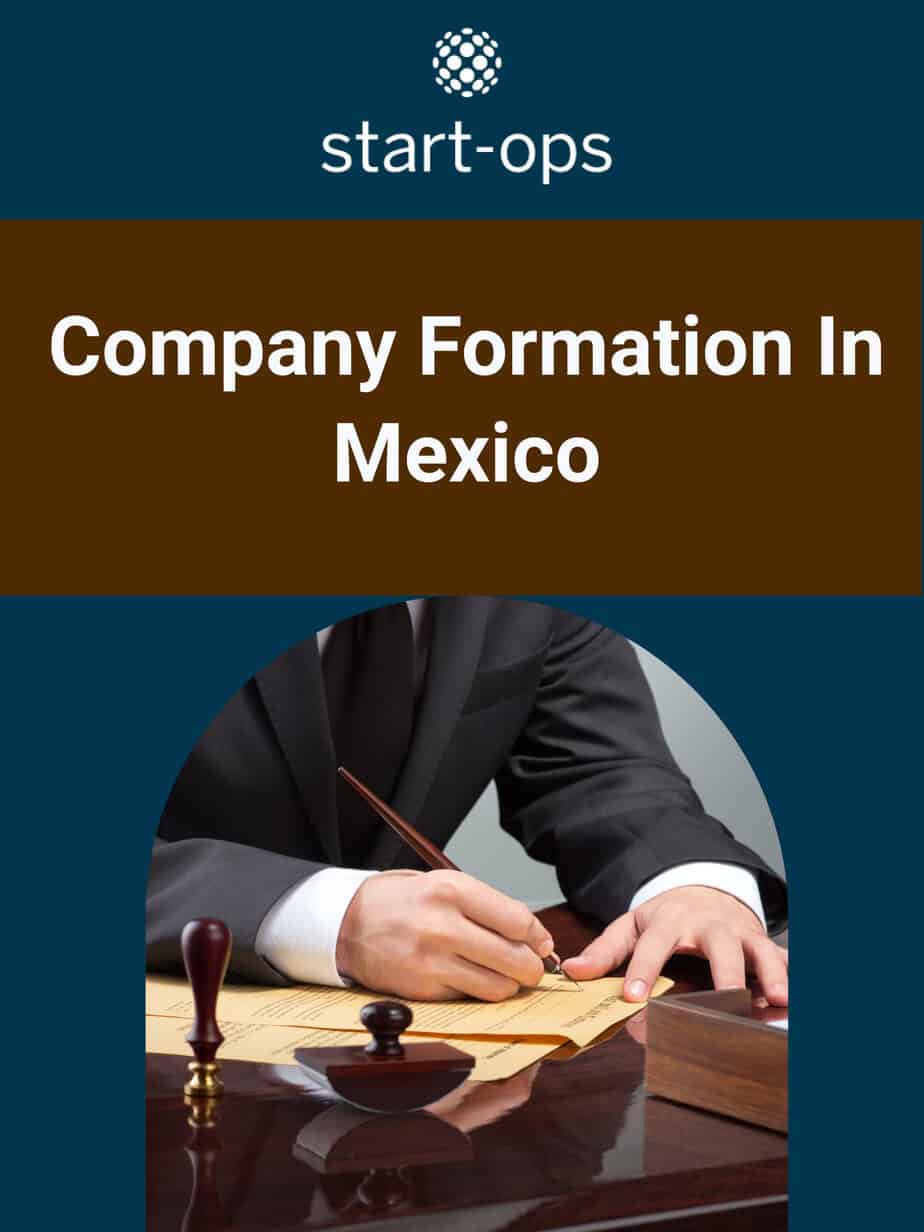Last updated on September 20th, 2025 at 12:55 pm
Mexico’s immigration laws stem from the Mexican Constitution. Together they form the legal framework that allows foreigners to migrate to Mexico. In this article, we will discuss the essential parts of this framework. If you want to start a business in Mexico as a foreign national, you may consider relocating here. This article will give you an overall view of Mexico’s immigration policy.

Mexico’s Immigration Laws History
First, let us look at what the Mexican Constitution, written in 1917, says about foreigners. Although it may not be hard to tell, Article 33 of the Constitution explains who a foreigner is; if you are not a Mexican citizen, you are a foreigner. The good news is that, as a foreigner, regardless of your migration status, you have all the rights stated in the United Nations Human Rights Act.
Who is a Mexican citizen?
Article 30 of the Mexican Constitution explains that Mexicans can obtain their citizenship in two ways: by birth and naturalization. Furthermore, there are two ways for foreigners to obtain Mexican citizenship by naturalization.
- By obtaining a letter of naturalization from the Ministry of Foreign Affairs.
- By marrying a Mexican man or woman and establishing his or her domicile within the national territory.
So, if you are looking for a shortcut, you should probably start looking for a Mexican significant other. But if love does not strike you, keep reading this article to discover your different options.
Mexico’s Immigration Law Beginnings
Many years later, in 1974, the Mexican Congress issued the General Population Law. Chapter III of this law is called “On Immigration.” It was the legal framework under which foreigners could migrate to Mexico. However, in 2011, the current Mexican Immigration Law was issued, derogating the entire chapter on immigration of that law.
Every law in Mexico has its “Regulation,” which specifies and develops what is stated in the law. In this case, the Mexican Immigration Law Regulation. Furthermore, there are Migration Procedures Guidelines and the General Guidelines for the Issuance of Visas issued by the Ministry of the Interior and the Ministry of Foreign Affairs.
To summarize, a comprehensive compilation of Mexico’s immigration laws is:
- The Mexican Political Constitution
- The Mexican Immigration Law
- The Mexican Immigration Law Regulation
- The Migration Procedures Guidelines
- The General Guidelines for the Issuance of Visas
Now, let us move on to the authorities that oversee immigration in Mexico.
Mexican Immigration Authorities
In its third title, “On Migration Authorities,” Mexico’s immigration law states the institutions that oversee the immigration process and the responsibilities of each. The following are the Immigration Authorities in Mexico.
Migration Status In Mexico
According to Article 52 of the Mexican Immigration Law, foreigners can stay in Mexico under three statuses: Visitor, Temporary Resident, and Permanent Resident. Visitors are considered non-immigrants since they are
Visitor Status In Mexico
Any foreigner that enters the country to stay less than six months is considered a visitor. This is the type of status tourists get, but this is not the only case, as we will see in a moment. Mexico’s immigration law recognizes six different visitor statuses.
- Visitor without a work permit
- Visitor with a work permit
- Regional visitor
- Border worker visitor
- Visitor for humanitarian reasons
- Visitor for adoption purposes
This article will only discuss the first two, which encompass 98% of the cases. If you think you fall into one of the other categories, contact one of our account executives so we can help you figure out the best way to migrate to Mexico.
The requirements to visit the country are stated in Article 129 of the Mexican Immigration Law Regulation. It is simple; if you want to come to Mexico as a visitor, you must:
- Have enough money to pay for your stay in the country.
- Have an invitation from a private or public organization.
Furthermore, some countries do not need a visa to visit Mexico; if your country is not on that list, you must apply for a visa and prove that you fulfill one of the above requirements.
According to Mexico’s immigration laws, you must have a job offer issued by a Mexican company to get a work permit while visiting Mexico. The offer shall state the position, length, place of work, and your employer registry at the Mexican Social Security Institute (IMSS).
Temporary Resident Status In Mexico
If you want to stay more than 180 days, you must obtain a temporary residency visa in Mexico. This makes you an immigrant in Mexico, as opposed to a visitor. The Mexican temporary resident visa allows foreigners to stay in the country for up to four years.
Temporary residents can come in and out of the country as they please, and they have the possibility of obtaining a work permit. Article 138 of the Immigration Law Regulation specifies that to acquire a temporary residency in Mexico, you must fall into one of the following situations:
- Have a family relationship with a Mexican citizen, according to Article 55 of the Immigration Law.
- Have a job offer issued by a Mexican employer.
- Have an invitation from a private or public institution.
- Have enough money to pay for your stay in the country.
- Own real estate in Mexico.
- Have investments in the country according to the Mexican investor visa requirements.
The temporary resident status in Mexico is usually granted for one year the first time you apply. Once you have been a temporary resident for a year, you can choose to renew your visa for up to four years when you renew your visa.
Permanent Resident Status In Mexico
After being a temporary resident for four years, you can apply for permanent residency. Permanent residency in Mexico is the highest immigration status; above is only Mexican citizenship which gives you the same rights and obligations as any other Mexican individual. Article 139 of the Mexican Immigration Law Regulation states the situations in which foreigners can apply for permanent residency.
- Be a refugee or under the condition of political asylum.
- Have a family relationship with a Mexican citizen, according to Article 55 of the Immigration Law.
- Be a pensioner with enough monthly income to pay for your stay in the country.
- To have enough points in the immigration points system.
- To have been a temporary resident for four years.
- Be related in a straight line up to the second degree to a Mexican by birth.
- To have been a temporary resident for two years in the case of a conjugal or concubine relationship with a Mexican citizen or permanent resident.
Conclusion
Mexico’s immigration laws are straightforward. However, in practice, it can get a little more complex. You will need to prove that you indeed fall into one of the situations stated by the law, and that is the part that may get bureaucratic. Furthermore, each Mexican consulate abroad may have different criteria for the amounts required for each visa.
If you wish to migrate to Mexico, contact us; we would love to assist you in doing it hassle-free.



Add your first comment to this post